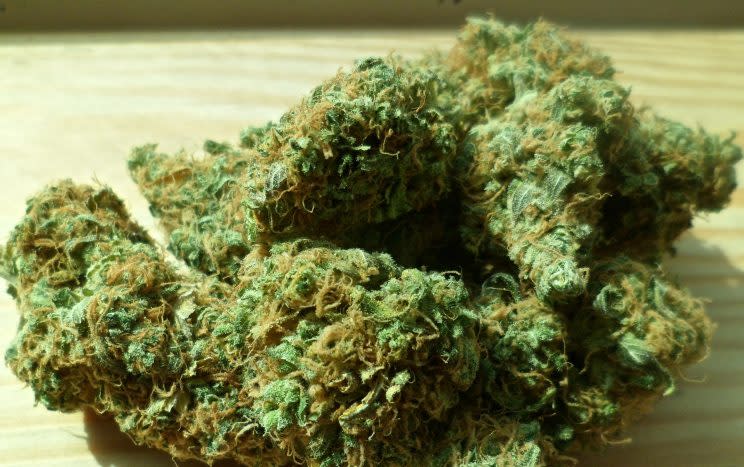9 states are voting on marijuana — here are the issues
The presidential debates are over and now we can focus on some of the more pressing issues of election 2016 like…evil weed!
Yes, looking beyond the Trump/Clinton squabble-fest, you will see that there are marijuana-related issues on the ballot in nine states, five will vote on out-and-out legalization: Arizona, California, Maine, Massachusetts and Nevada, while four, Arkansas, Florida, Montana and North Dakota, are looking to make medical marijuana legal to one degree or another.
How likely are likely are these initiatives to pass? Well, you have to go state by state of course to really drill down, but there are a number of broader, national considerations. Here they are in no particular order.
THE NATIONAL CAMPAIGN:
First note that over 50% of Americans now support some form of legalization. So pot isn’t a Democratic ‘yes,’ and Republican ‘no,’ issue anymore. Many Republicans—and of course Libertarians—are pro pot these days. Both Trump and Clinton support some level of legalization, with Clinton being a bit more favorable according to the Marijuana Policy Project. (Both Gary Johnson and Jill Stein however receive A+ ratings.)
It doesn’t follow therefore that a Trump victory means defeat for pot legislation. In fact either candidate’s winning won’t necessarily influence the outcome in any state probably. Voter turnout could matter though. Here you should take note of the passion factor. It’s probably the case that more people who are in favor of legalization are more passionate about the issue than those opposed, meaning its likely that more pro voters will get off their duff—and remember to vote pro-weed—than those opposed. (Think Brexit here. The pro Brexit folks had the passion!)
LOBBYING:
Because weed is now legal in four states, there are a number of companies that are unabashedly sending money to push for legalization in other states, for the simple reason to expand their businesses. On the con side, the push is equally commercial for the most part, including alcohol and gambling companies. And get this, a pharmaceutical company that is working on a synthetic version of marijuana’s psychoactive ingredient, Insys Therapeutics Inc., has given at least $500,000 to oppose full marijuana legalization in its home state of Arizona. I guess the thinking is that money spent on legal pot would compete with booze, gambling and pot alternatives.
Also U-Haul has reportedly given money to stop legalization in Arizona, presumably because the company is concerned about stoners crashing its trailers. And then there are mixed bag groups like law enforcement (you could argue it both ways) and drug treatment centers (ditto) that could conceivably be either for or against legal marijuana.

THE COLORADO EFFECT:
A strong case can be made, and has been made, by the pro side forces to take a look at the Mile High State (cough.) Two things: One the sky hasn’t fallen, meaning the state hasn’t gone to pot (ok, I’ll stop) in terms of crime increasing, and two the state has raised some $100 million in tax revenues on overall pot sales of $1 billion. So that’s a ton of money for schools and police with seemingly few consequences.
THE HEROIN OPIOID EPIDEMIC:
A strong argument being put forth by anti-legalization forces particularly in the northeast including Maine and Massachusetts were pot is on the ballot, is the deadly heroin and opioid epidemic that has killed thousands of Americans over the past few years. Specifically, the con argument goes that marijuana is a gateway drug that leads to narcotics use. On the other hand people are likely making that case in part because pot is illegal. In other words plenty of narcotic addicts start off by drinking alcohol, yet no one calls beer a gateway drug because beer is legal. So if pot were legal it wouldn’t be a gateway drug per se. There is scant evidence, physiological or otherwise, that smoking pot directly and or inevitably leads one to using heroin.
While making marijuana legal will undoubtedly have some negative consequences, you can make the argument that the benefits of making pot legal could well outweigh the consequences. But really whether or not that’s the case is up to the voters, at least in nine states this fall.

 Yahoo Finance
Yahoo Finance 